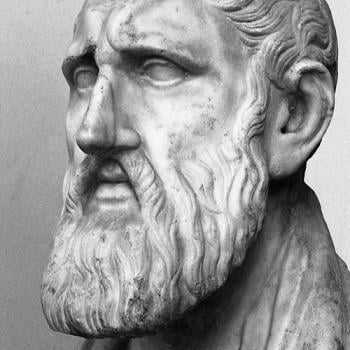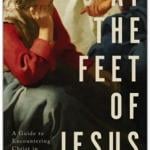British writer William Rees-Mogg writes about John Locke’s first major publication, “A Letter on Toleration” (1690), and summing it up like this: “The world ought to be more tolerant but some things remain intolerable.” Locke, who was writing specifically about tolerance of other churches under the British state church, advocated “absolute liberty,” especially in matters of religion. And yet, he made an exception for “opinions contrary to human society, such as manifestly undermine the foundations of society”.
Locke did not believe that governments could always tolerate “opinions contrary to human society, such as manifestly undermine the foundations of society”. It is not clear what Locke had specifically in mind, but terrorism would surely be covered. In the 20th century both Nazism and Leninism were “opinions contrary to human society” in this sense — they were simply intolerable.
He also warned against trying to tolerate certain doctrines that 17th-century Protestants attributed to the Jesuits. These included the teaching that “faith is not to be kept with heretics”, and that “kings excommunicated forfeit their crowns and kingdoms”. Locke thought that “a Church has no right to be tolerated” whose members have to obey a foreign prince because that would mean that the ruler allowed “his own people to be listed, as it were, as soldiers against his own Government”.
Seventeenth-century Islam was included in the criticism. “It is ridiculous for anyone to profess himself to be a Mohametan (sic) only in his religion, but in everything else a faithful subject to a Christian magistrate, while at the same time he acknowledges himself bound to yield blind obedience to the Mufti of Constantinople, who himself is entirely obedient to the Ottoman Emperor.” Fortunately, the Papacy no longer claims the right to excommunicate and depose monarchs, there is no Ottoman Emperor, and if there still is a Mufti of Constantinople he certainly has no universal authority in Islam. But Osama bin Laden really is a dangerous man who does claim obedience of his followers.
Modern liberals may be shocked at John Locke’s final exception to the rule of toleration. “Lastly,” he writes, “those are not to be tolerated who deny the being of a God. Promises, covenants and oaths, which are the bonds of human society, can have no hold upon an atheist. The taking away of God, though but even in thought, dissolves all.”
We’re just talking about Locke here. Certainly the American constitution, rightly, goes much further than he would in allowing for all religions and no religions. But still, he makes an interesting distinction between religions that uphold social order and those that undermine social order.
HT: Robert Kimball
















